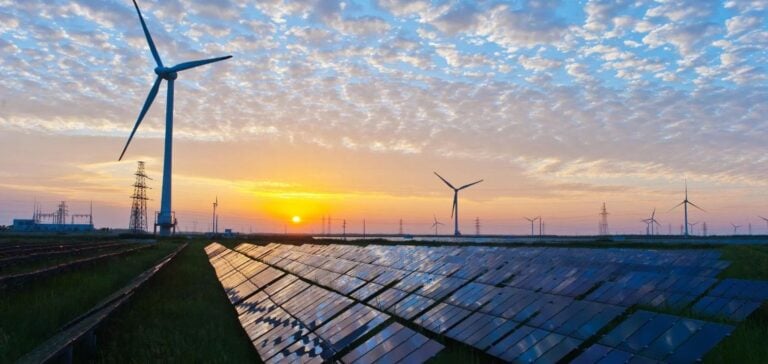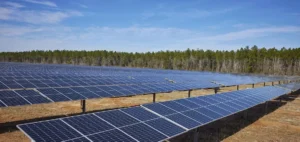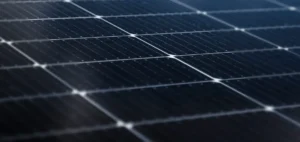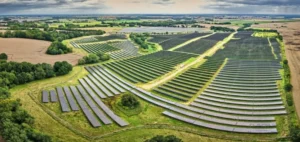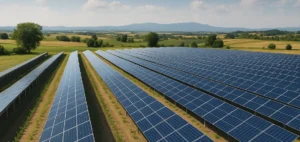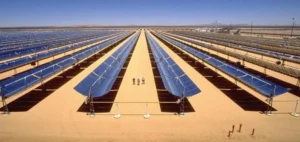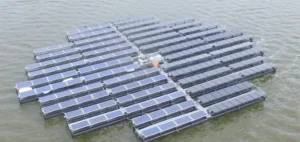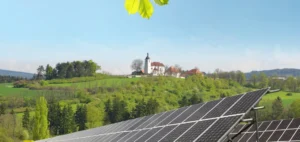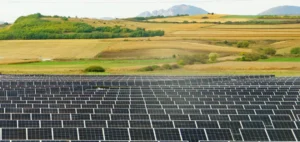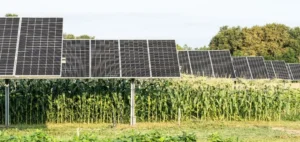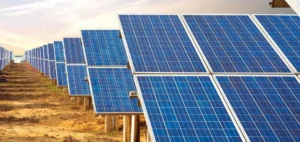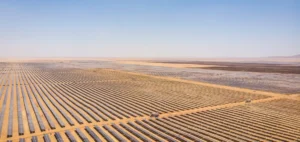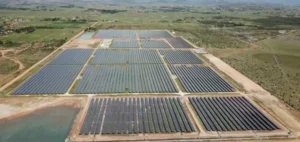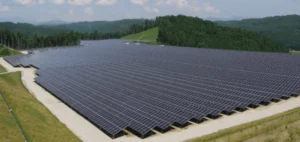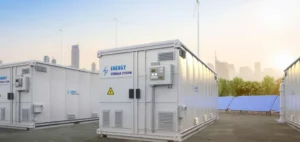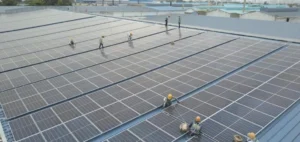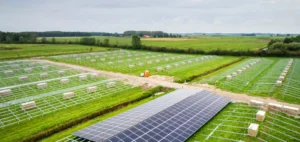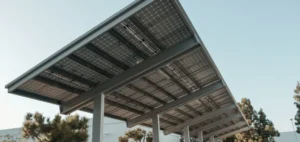Africa, a continent experiencing rapid economic growth, faces major challenges in energy supply. Local businesses, often confronted with power outages and high electricity costs, are seeking alternative solutions. In this context, CrossBoundary Energy (CBE), a key player in renewable energy in Africa, receives additional financial support from Norfund.
The investment, totaling USD 40 million, doubles Norfund’s initial commitment to CBE, made in 2022. Thanks to this funding, the company will be able to continue expanding in several African countries by developing solar, wind, and hybrid energy projects. Currently, its portfolio includes over USD 680 million in projects, including 500 MW of solar and wind capacity and 600 MWh of battery energy storage.
Solutions tailored to growing demand
CBE’s projects are primarily aimed at meeting Africa’s specific energy needs. Notable installations include hybrid power plants for mines, solar systems for industries, and solar and storage solutions for telecommunications companies. These projects are designed to mitigate the instability of national power grids and the reliance on costly and polluting diesel generators.
Muna Yuusuf, a managing partner at CBE, states that this investment reflects the growing confidence in the company’s ability to meet the demand for clean and affordable energy, a crucial factor in supporting industrial development across the African continent. Indeed, the transition to renewable energy solutions is seen as key to sustainable economic development in Africa, as well as a lever to combat the effects of climate change.
Strategic partnerships for expansion
CrossBoundary Energy also benefits from significant support from Standard Bank of South Africa. In 2024, the company secured USD 140 million in financing to expand its portfolio, with a goal of reaching a total of USD 300 million in senior debt. This ability to raise funds on favorable terms is seen as critical to enable CBE to meet the growing energy needs of African businesses.
According to Pieter Joubert, president of CBE, access to affordable financing is essential to support companies facing often inadequate electricity infrastructure. With this funding, CBE will not only strengthen its role as a major player in decentralized renewable energy but also contribute to job creation and the economic growth of several African countries.
Climate and economic challenges in Africa
Africa is one of the regions most vulnerable to the impacts of climate change, making the transition to renewable energy even more crucial. Investments in decentralized solar and wind solutions are essential to provide local businesses with a viable alternative to traditional energy systems, which often rely on fossil fuels. By providing clean and affordable energy, CBE is also contributing to global climate goals while promoting economic development on the continent.
With this new investment from Norfund and its strengthened partnership with Standard Bank, CrossBoundary Energy positions itself as a major player in renewable energy in Africa, ready to meet the continent’s energy challenges while supporting its industrial and economic development.


